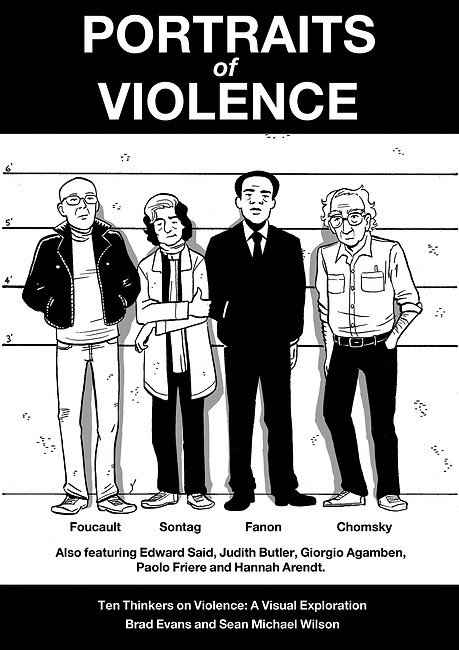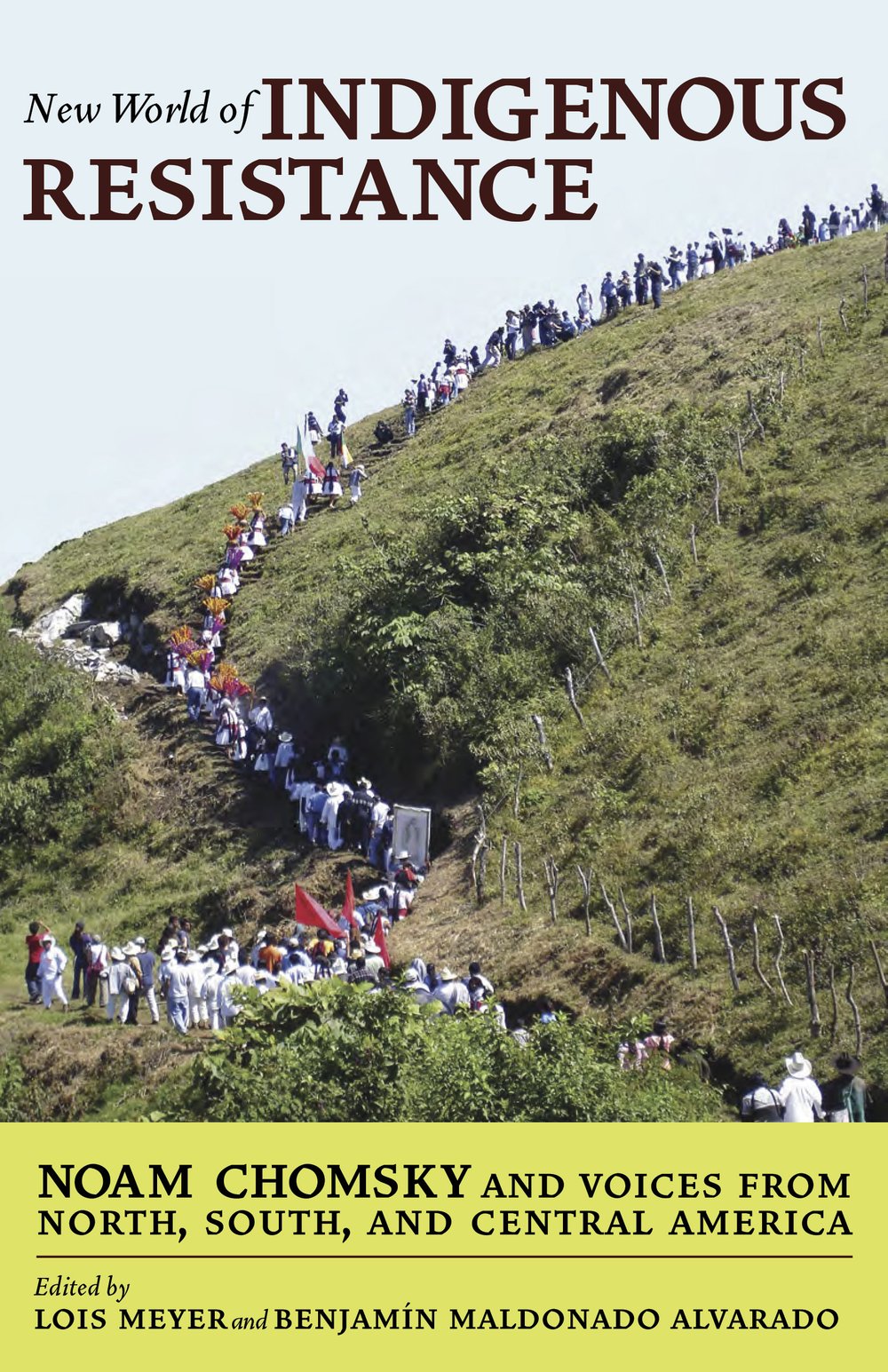Violence
Humans in Dark Times
Through a series of penetrating conversations originally published in the New York Times and the Los Angeles Review of Books, Brad Evans and Natasha Lennard talk with a wide range of cutting edge thinkers--including Oliver Stone, Simon Critchley, and Elaine Scarry--to explore the problem of violence in everyday life, politics, culture, media, language, memory, and the environment. "To bring out the best of us," writes Evans, "we have to confront the worst of what humans are capable of doing to one another. In short, there is a need to confront the intolerable realities of violence in this world."
These lively, in-depth exchanges among historians, theorists, and artists offer a timely and bracing look at how the increasing expression and acceptance of violence--in all strata of society--has become a defining feature of our times.
"Many of us live today with a pervasive sense of unease, worried that our own safety is at risk, or that of our loved ones, or that of people whose bad circumstances appear to us through networked media. Violence feels ever-present. Natasha Lennard and Brad Evans help us to analyze those feelings, talking with a wide range of thinkers in order to gain insight into the worst of what humans do, and challenging us to imagine a world in which violence is no longer a given. Their book is full of surprising insights and intelligent compassion."--Sarah Leonard, co-editor of The Future We Want: Radical Ideas for the New Century
"In Violence, Brad Evans and Natasha Lennard have created, alongside their interview subjects, a kaleidoscopic exploration of the concept of violence, in terrains expected and not, in prose taut and unexpectedly gorgeous. Their philosophical rigor provides the reader with an intellectual arsenal against the violence of the current moment."--Molly Crabapple, author of Drawing Blood
" . . . a groundbreaking testament to the vital role of the abstract and the theoretical for understanding the depth to which violence is entrenched in human experience and consciousness, and to the necessity of empathetic intellectual stewards like Lennard and Evans to direct such understanding into transformative action. We would be wise to read this collection with a similar eye toward service, and in so doing, open ourselves up to the rare mercy of no longer having to stand on our own."--Alana Massey, author of All The Lives I Want
"This is a book that will make everyone feel clever. Reflections on violence, both actual, and the possibility of, mediating so much of social interaction, also makes for critical reading. The range of interviews with leading academics, to filmmakers and artists, is impressive, at once immediate and relevant, but also profoundly philosophical. More essentially, though, the conversations underline the need and suggest ways to resist and organize in a visionary way, in the extraordinary times we live in."--Razia Iqbal, BBC News
Praise for Brad Evans:
"One of the brightest critical minds of his generation"--Henry A. Giroux
"The George Clooney of philosophy."--Russell Brand
"Brad Evans has quickly emerged as one of the leading thinkers on violence in the contemporary world . . . he challenges us to stand up and speak out, and to courageously strive for a more emancipatory and inclusive world."--Adrian Parr, author of The Wrath of Capital: Neoliberalism and Climate Change Politics
Natasha Lennard is a journalist, essayist, and columnist. She is a contributing writer for The Intercept and her work has appeared regularly in The Nation, Esquire, The New York Times, and The New Inquiry, among others. She teaches critical journalism at the New School For Social Research in New York. Her second book, Being Numerous: Essays on Non-Fascist Life, will be published by Verso, May 2019.
Brad Evans is a political philosopher, critical theorist and writer, whose work specializes on the problem of violence. The author of some ten books and edited volumes, along with over fifty academic and media articles, he serves as Professor of Political Violence & Aesthetics at the University of Bath, UK. He is currently the lead editor for a dedicated section on violence and the arts/critical theory with The Los Angeles Review of Books. He also continues to direct the online resources centre www.historiesofviolence.com
(with Julian Reid, Routledge, 2013).
(Columbia University Press, 2020). He is also working on a project that explores the aesthetics of human disappearance, while writing in his spare time a work of fiction. Website: www.brad-evans.co.uk



